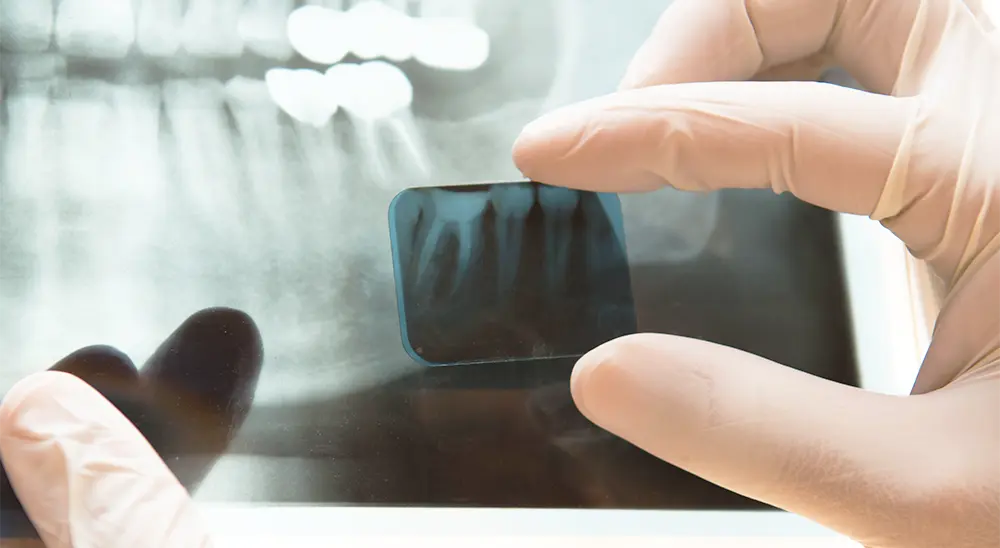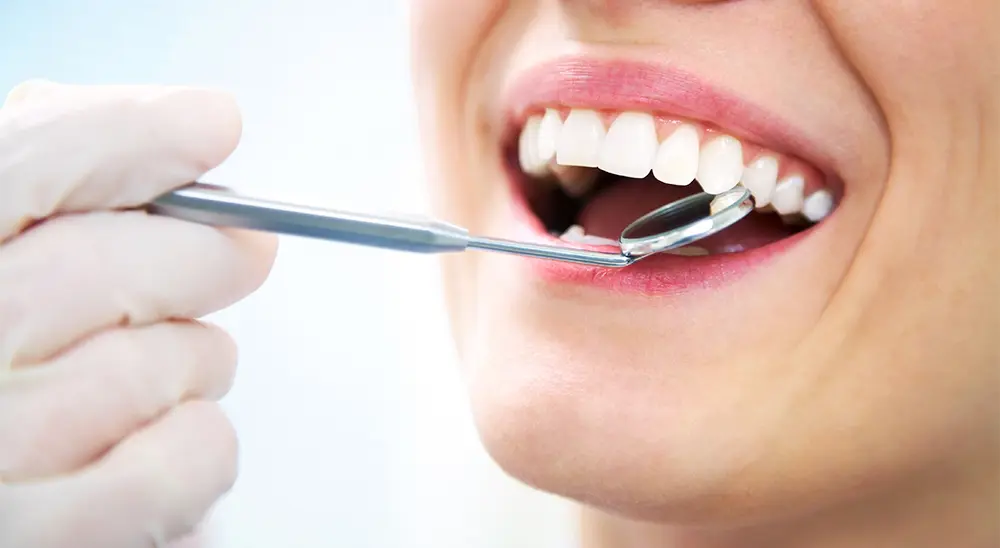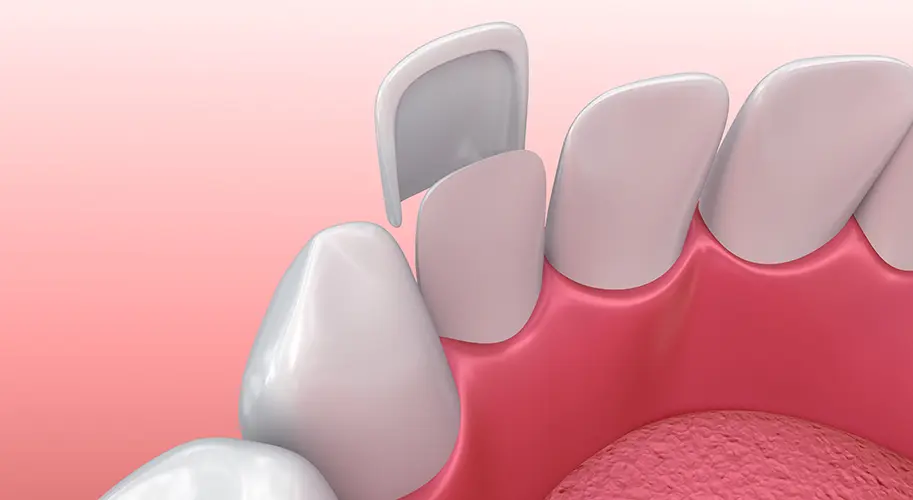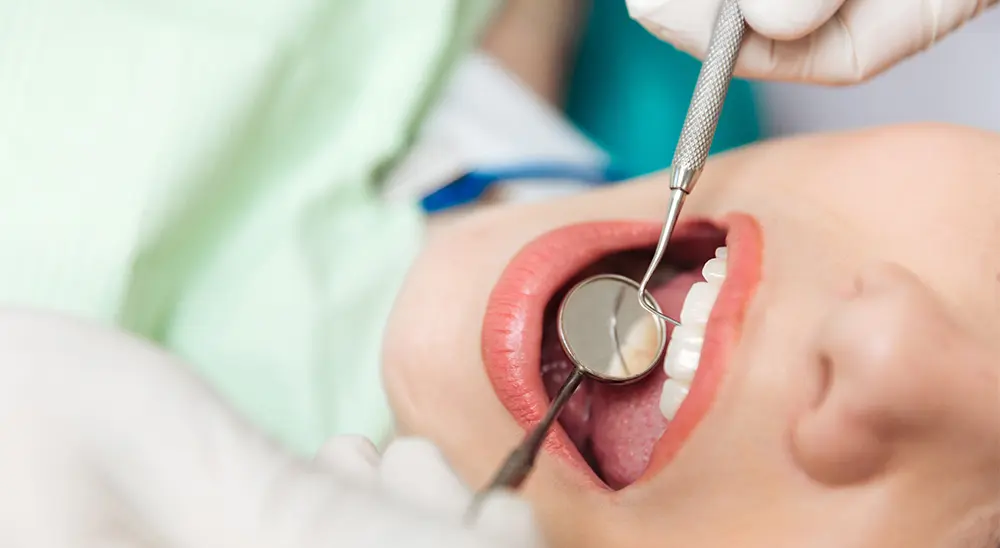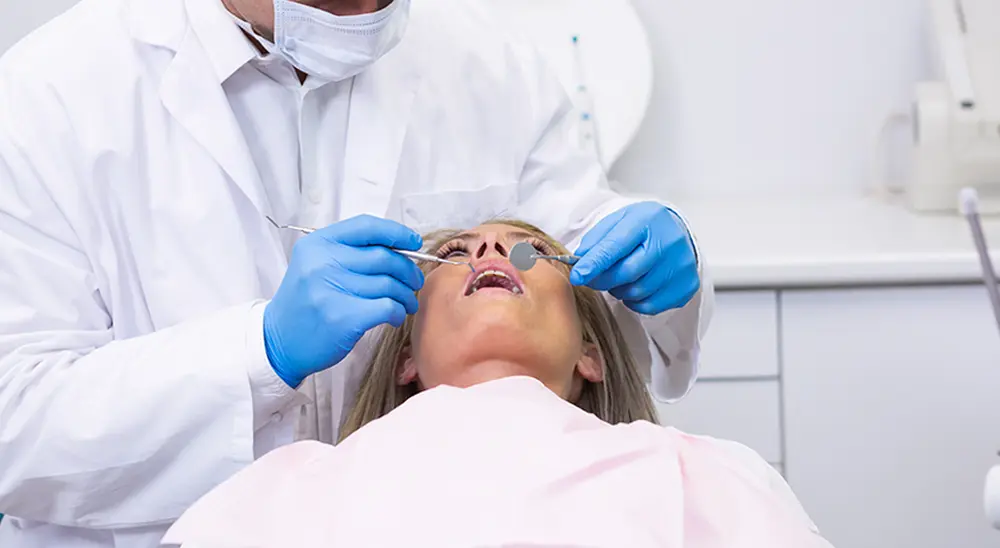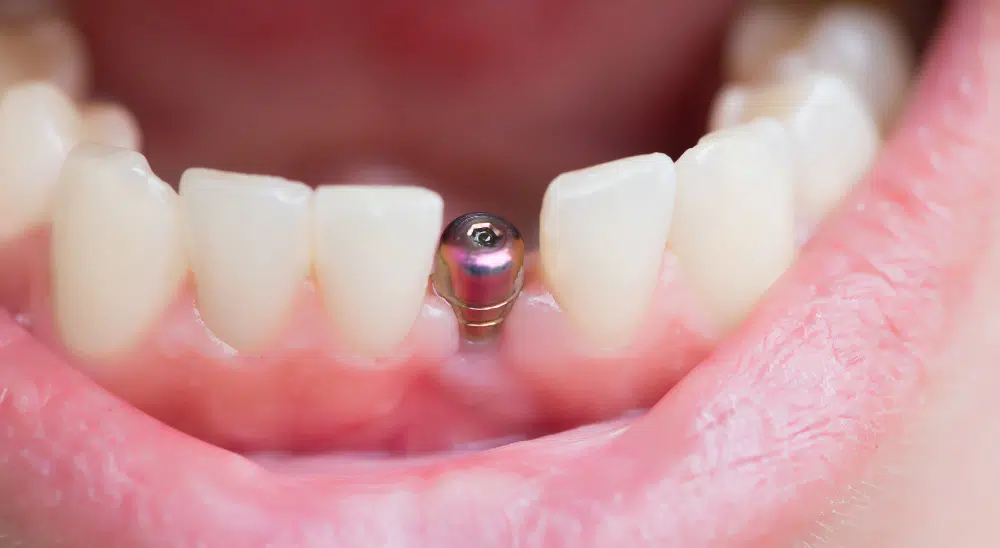
Possible risks of dental implants
What are the risks that dental implants can bring?
Dental implants have become an indispensable part of modern dentistry. Carefully planned and competently carried out, they represent a particularly high-quality form of dental prosthesis provision and give many patients a new quality of life. Nevertheless, implantation is and remains a surgical procedure that is also associated with a few risks. You can read about these risks in today’s article.
Dental implantology is the fastest growing discipline in dentistry today. With up-to-date technology and knowledge, implantologists always find the right solution for each patient and implement it in the best possible way. The planning of an implantological treatment is nowadays possible with very high precision, and for this very reason, the success rate of an implantological treatment is 89-95% for classical dental implants and 98-99% for basal dental implants. However, even perfect planning cannot always cover all imponderables of the surgical procedure with absolute certainty. If a complication occurs, it is important to recognise undesirable developments in the treatment process in good time and to act accordingly in the situation.
The possible risks of implantological treatment include:
Nerve or tissue damage
Improper preparation and performance of surgery can result in damage to nerves, blood vessels and soft tissues. Damage to the mandibular nerve branch in the posterior region during dental implantation is perhaps the most significant complication in implantology. This would result in loss of sensation in the lower lip, chin area and tongue on the affected side.
How can such injuries be prevented?
Nerve or tissue damage can be avoided by careful diagnosis and detailed planning. If necessary, intraoperative intermediate X-rays to check the positional relationship of the drill length to the nerve can increase safety. The experience of the treating physician plays a huge role as well; the more experienced the implantologist, the lower the risk of such an injury.
Damage to a tooth root of neighbouring teeth
If implants are placed next to a tooth, the root of this neighbouring tooth may be drilled into. This can happen if the root of the neighbouring tooth protrudes into the implant area and/or the direction of drilling was chosen unfavourably. Minor root injuries usually heal without consequences.
How can root injuries be prevented?
Careful diagnostics also play an important role here. The use of a drilling template is also always recommended for any implant treatment. If there is a lack of space between 2 roots, diameter-reduced implants can be placed. In most cases, it is advisable to take an intraoperative intermediate X-ray to check the positional relationship of the drilling direction and the tooth root.
Maxillary sinus injury
In the upper jaw, bone atrophy below the maxillary sinus is a very common problem, especially in patients who have already lost one or more teeth. The risk of perforating the maxillary sinus floor during drilling when there is not enough jaw bone is high. This does not lead to permanent damage. However, the implant should be placed within the bone and not protrude beyond it, otherwise, it may cause discomfort in the floor of the nose.
How can a maxillary sinus injury be prevented?
Basal dental implants are particularly suitable for people who suffer from bone atrophy, as this implantation method does not require bone augmentation or a sinus lift. The basal dental implants can also be placed obliquely next to the maxillary sinuses and therefore there is no risk of them perforating the sinuses, even if there is not much jaw bone available. Precise planning of the available drill length, sensitive drilling, intraoperative intermediate X-ray to check the drill length to the sinus floor, careful palpation of the drill hole are practices that minimise the risk of such an injury.
Peri-implantitis
The most frequent late complication after implantation is the so-called peri-implantitis. Analogous to periodontitis, it describes the inflammation of the implant bed. Peri-implantitis can be triggered by both a treatment error and poor cooperation on the part of the patient (e.g. lack of oral hygiene, smoking). If left untreated, it leads to bone loss and implant loss.
How can peri-implantitis be prevented?
The greatest success in the fight against peri-implantitis will be achieved with good prophylaxis. Effective oral hygiene in combination with professional teeth cleaning is the be-all and end-all in the prevention of peri-implantitis.
Wound healing disorder, inflammation
Healing does not always go perfectly. Bacteria in the oral cavity can settle in the wound. Wound edges can be poorly supplied with blood and die. Wound healing problems are more common, especially in smokers. A deep wound infection can lead to implant inflammation (periimplantitis) with bone loss or even early implant loss. With basal dental implants, the risk of inflammation is very low because the whole treatment is minimally invasive and basal dental implants are made of polished titanium, which prevents bacteria from settling on the surface of the implant.
How can wound healing problems be prevented?
Your wounds must be sutured up well and they must be tension-free. A disinfecting mouth rinse must be used postoperatively. Postoperative antibiotic prophylaxis reduces the risk of inflammation. Smokers should try not to smoke during the first week after the manipulation. At NuriDent, each patient is given very specific instructions to follow after each manipulation along with an antibiotic to take and a disinfecting mouth wash to use.
The presented risks can be reduced to a minimum if you as a patient cooperate properly and follow the instructions and recommendations of your implantologist. But before that, the following applies: Inform yourself well and find a dentist who specialises in implantological measures and whom you trust. The team at the NuriDent Dental Clinic will ensure that your dental implant risks are kept as low as possible through precise planning of your procedure. If you have any questions, please contact us at any time to discuss your individual dental implant treatment.



